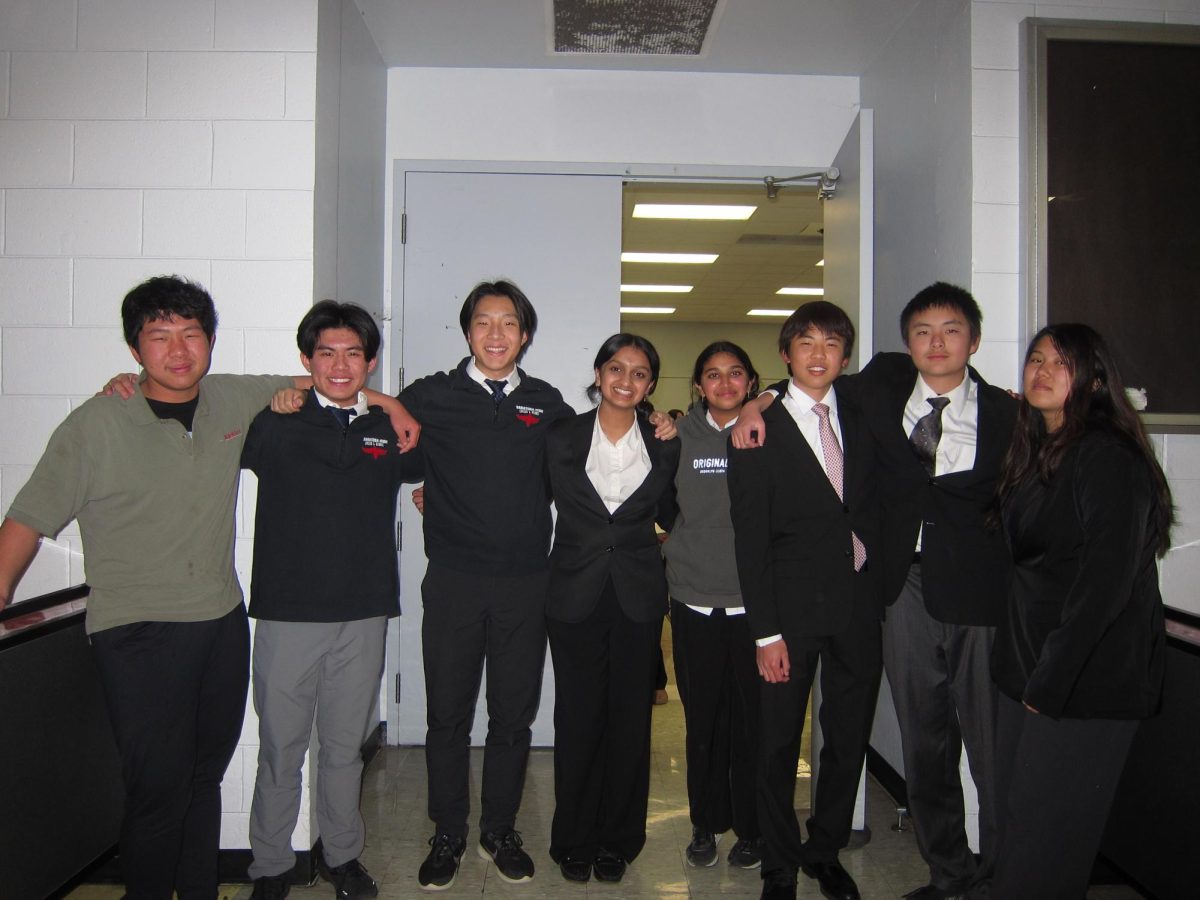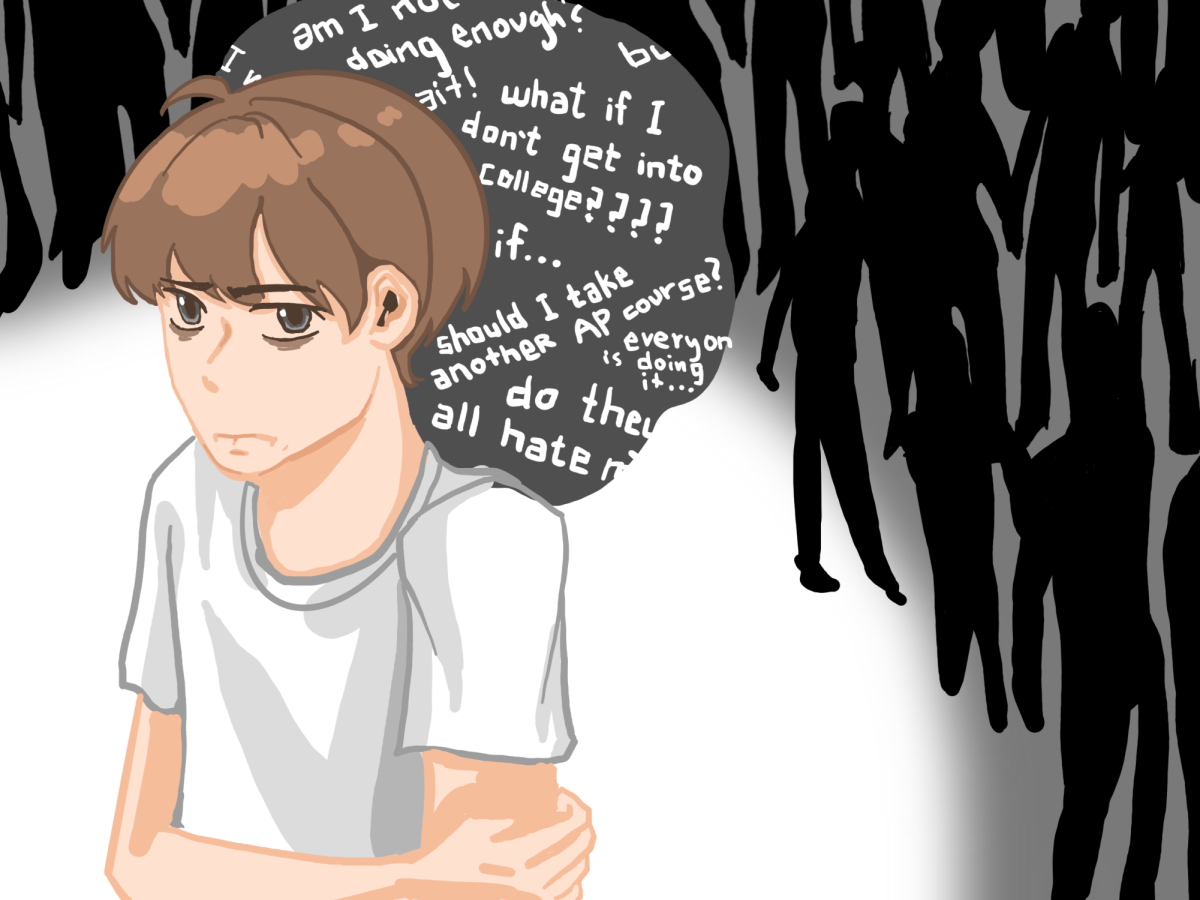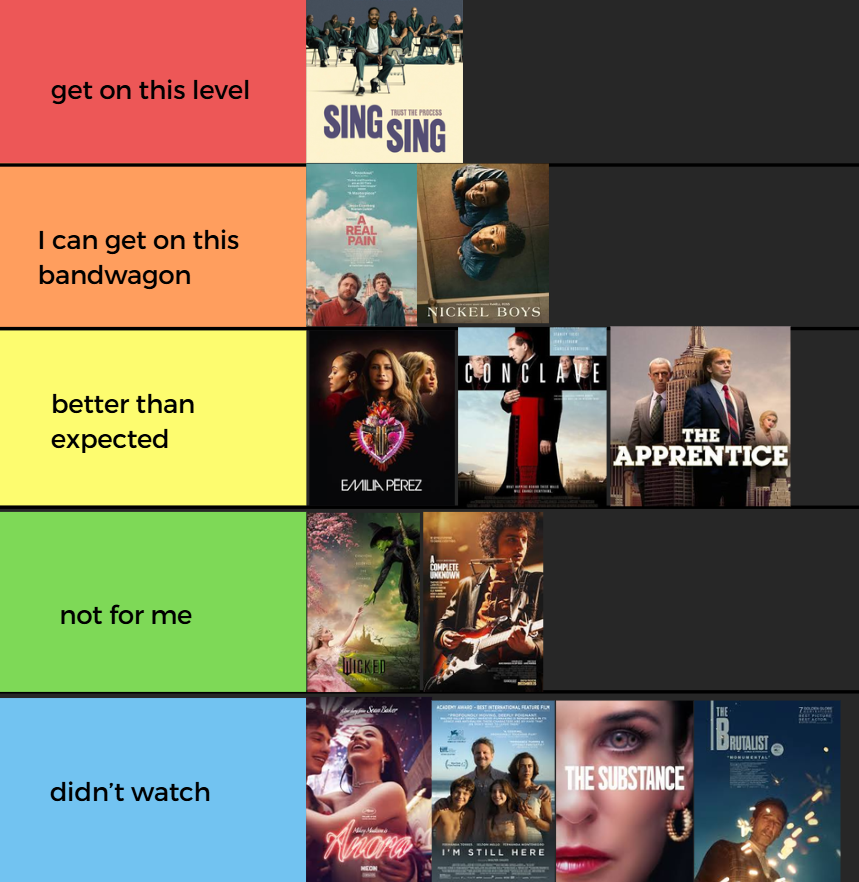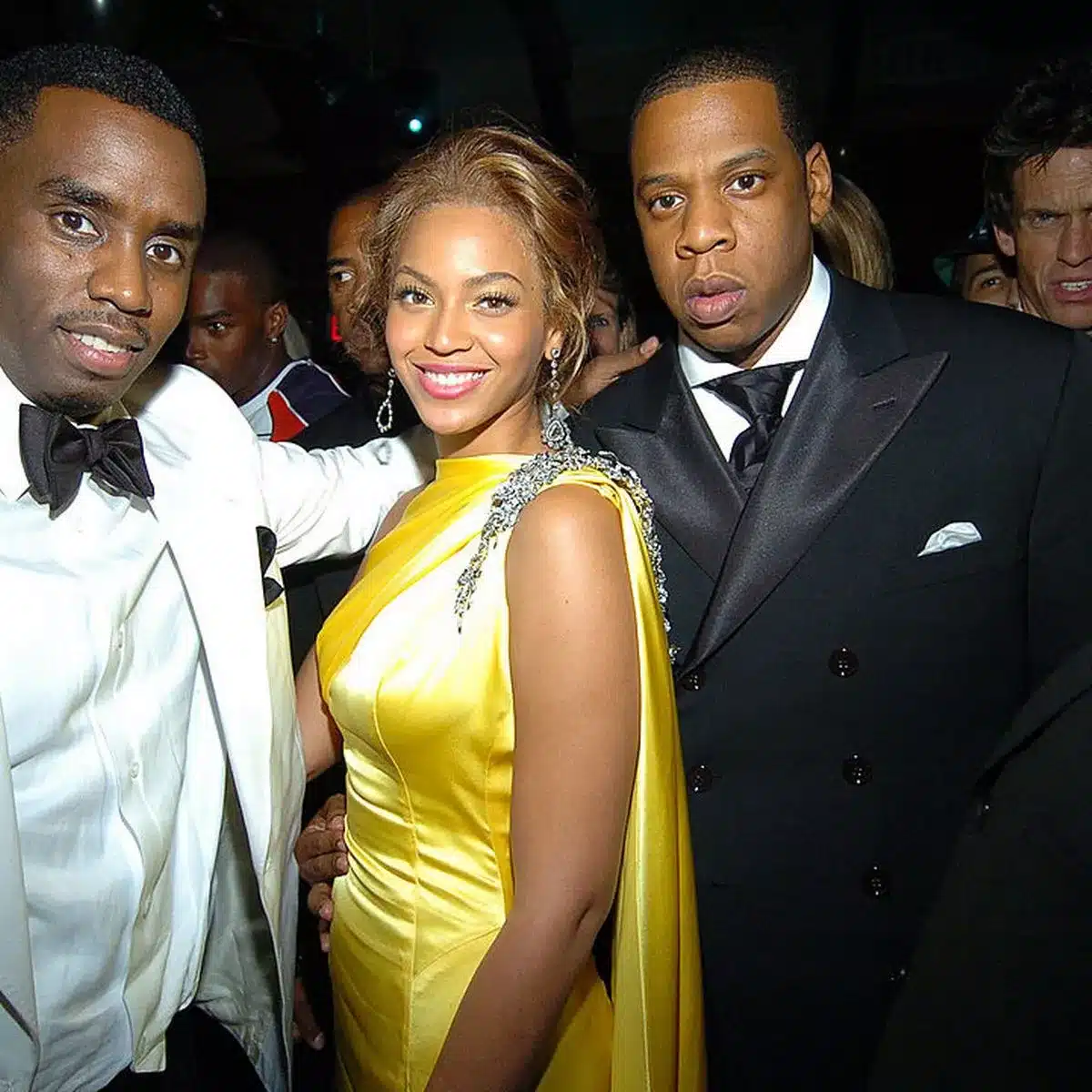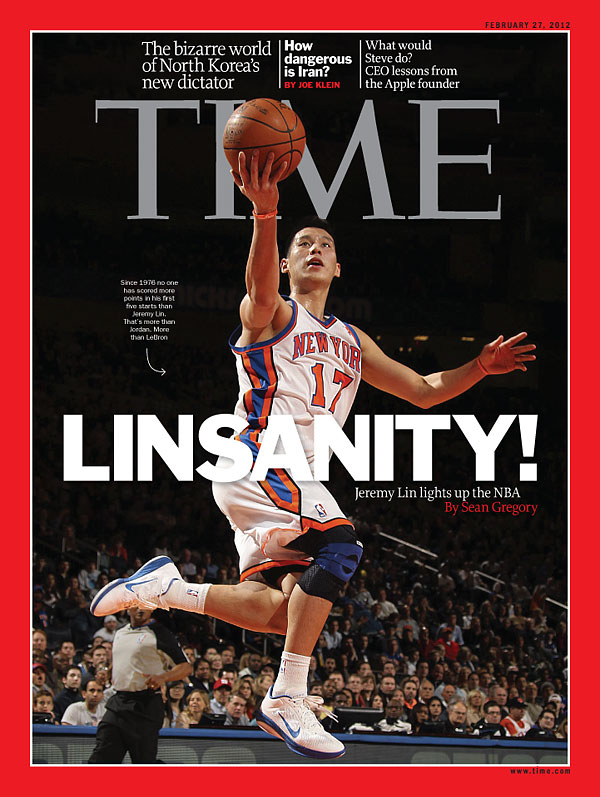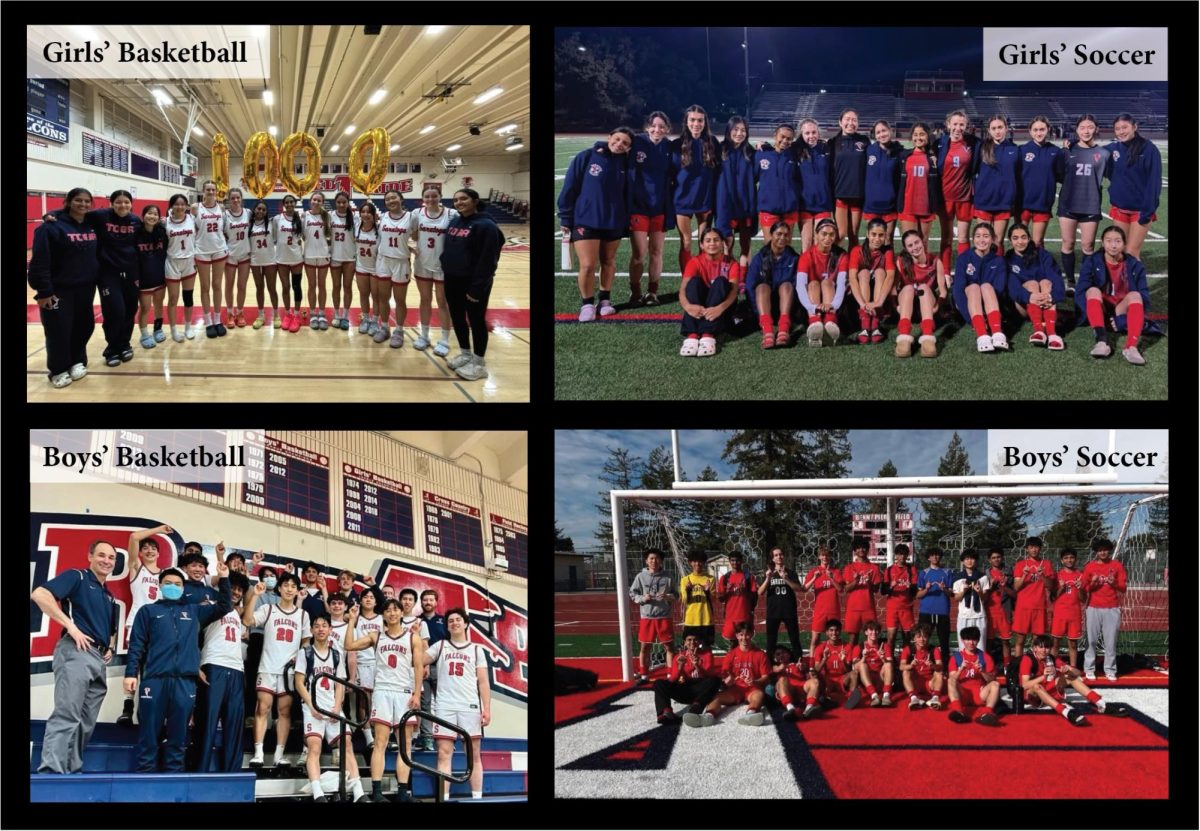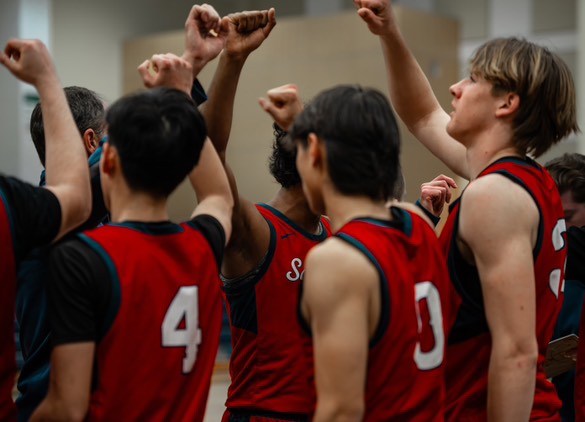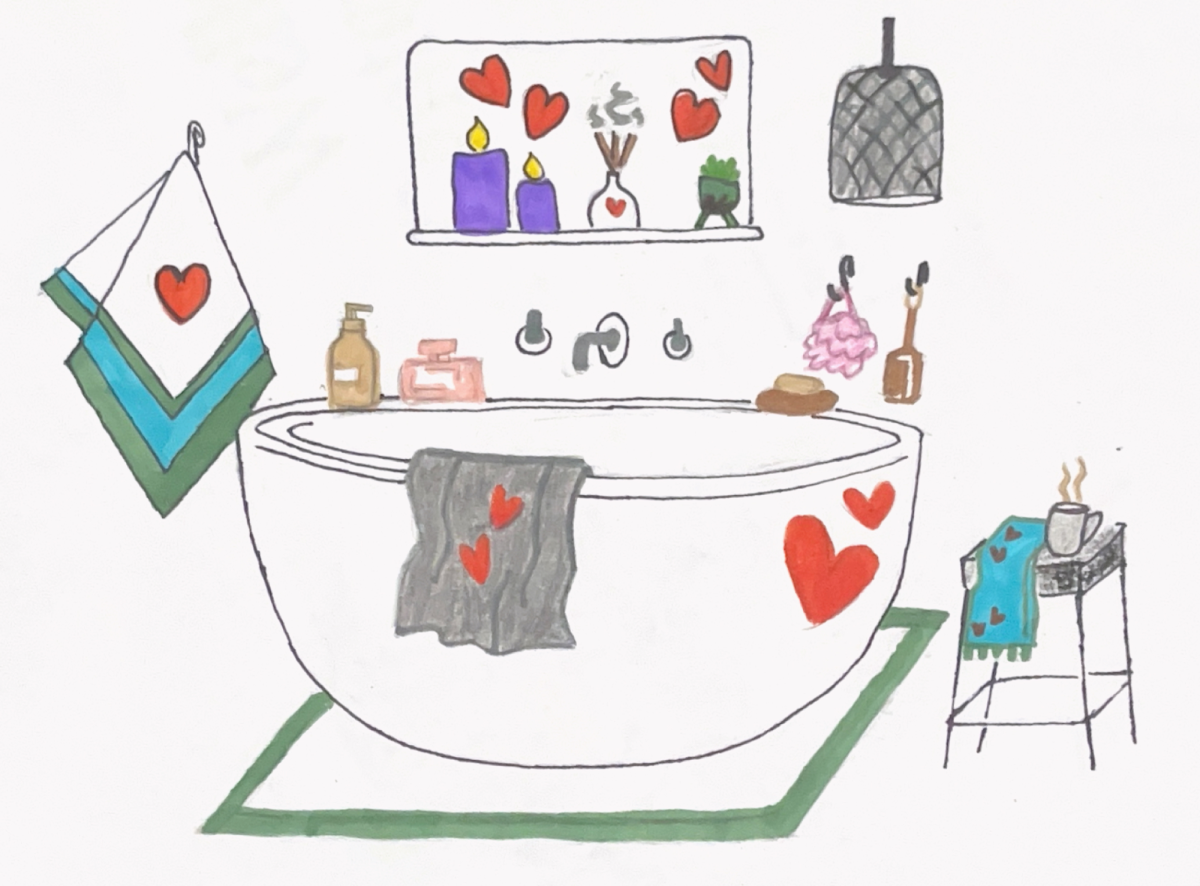As the dance team performed to Migos’s “Walk It Talk It” at the first football game of the year on Sept. 6, one member stood out. Dancing in the center of one of the back rows, the only male dancer, senior Xore Huang, performed in unison with his 19 female teammates.
“When I first started, I had mixed feelings mostly since I’m the only guy,” Huang said. “But the girls are really inclusive, so the moment I walked in, I felt really welcome.”
Huang’s initial fear about being the only boy on the dance team reflects how gender stereotypes impact the activities people choose to pursue. While the feminist movement that began decades ago has encouraged more women to explore male-dominated fields including engineering, computer science and construction, many men still shun traditionally female careers such as nursing, largely confined by traditional gender norms of being strong and stoic, according to Barbara Risman, a sociology professor at the University of Illinois.
“I call it boys policing each other to be boyish, particularly when showing emotions or wanting to do something considered feminine, like gymnastics or ballet,” Risman said in a New York Times interview. “They have the sense that they can’t stray a bit.”
Dance as a uniting force
Huang said that breaking this gender barrier allowed him to immerse himself into an activity he has loved ever since he started dancing in classes at age 4. He made the decision to join the dance team this year since it is his last year at the school, and he wanted to “not really care what other people think.”
Although Huang said he initially felt slightly intimidated about learning new dance styles like contemporary and lyrical, coach Maleia Fernandez and his teammates helped him try each before deciding on the ones he liked best, which made him feel like a more well-rounded, confident dancer.
“I’m more expressive,” Huang said. “I used to not be good in front of people, but by dancing in front of people and dancing as a unit with my friends, I’ve built up my confidence.”
Color Guard welcomes male participants
Sophomore Nikhil Kapasi, one of four boys in this year’s Color Guard, said all of them had to work through the perception that the activity is mainly for girls. In his case, he wanted to take both band and choir last year but didn’t want to be in freshman Band PE. Joining Color Guard enabled him to fulfill his PE credits while giving him the opportunity to still work with the marching band and continue in choir. Additionally, he knew he wanted to be in winterguard, so he had an incentive to just join Color Guard in the fall.
Rather than worrying about how others would view him, Kapasi decided to focus on developing his skills, so he could perform well with the more experienced guard members.
“It was really hard and took a long time to just learn all the basics,” Kapasi said. “But once you get to a certain point, it’s like, ‘Let me try cartwheeling under a toss.’ Eventually, people just think what you do is impressive, and it doesn’t matter who you are.”
Kapasi faced several physical challenges with his flexibility. Even more challenging was the issue of his height. Since he’s almost a foot taller than some of the girls on the team, it can be “very awkward.”
Devoting over 10 hours a week to Color Guard in the fall and winter seasons has made the activity a crucial part of his identity, especially now that he is a captain of the varsity team. In terms of gender stereotypes, Kapasi said he thinks people should choose what they want to do without fearing judgment.
“People have internalized that some activities are for males and some for females, and it takes time to get rid of those stereotypes,” Kapasi said. “It’s just the way society has developed, and people’s close-mindedness has created these categories. But there’s no reason for them as they are just sexist.”
Sports vs. music and cooking
Not only do many boys feel like they need to avoid traditionally female sports such gymnastics, but they also feel pressured to participate in traditionally male sports. Senior Joshua Yoon said he grew up trying sports like baseball, soccer and martial arts because his parents wanted to try several activities before he realized what he actually wanted to pursue.
“I was raised [with the mindset] that I would want to do the stereotypical boy things like baseball,” Yoon said. “But I think what my parents thought was, ‘You can do whatever you want, but give everything a chance first.’”
This approach allowed Yoon to explore his interests: He disliked sports and instead gravitated toward playing the piano when he was 5.
Although piano is not typically regarded as a gender-specific activity, Yoon said that people around him viewed it as a “parlor-room old-woman-thing.” He enjoyed it regardless, and quit sports after elementary school to devote his full attention to music.
Aside from piano, Yoon also enjoys baking, another conventionally female activity. He began trying out recipes for cakes in December after finishing his college applications. He found that he enjoyed applying his knowledge of chemistry while creating tasty treats for others.
“I thought baking would be interesting because it has a lot of similarity to chemistry labs, and I get to make food,” Yoon said. “It’s also a great way to make gifts for people because the act of you making it holds a lot more significance than just buying something for someone, so they tend to enjoy it more.”
Yoon said that others usually don’t remark on his leaning toward traditionally feminine activities, which he half-jokingly attributed to the fact that “everyone knows [he’s] not gay.”
Viewing homosexuality as a violation of traditional societal norms is a common societal prejudice. This belief then feeds into the idea that gay men are more likely to pursue female activities and vice versa.
This association of being gay and being feminine creates a vicious cycle of homophobia and “a stark rejection of girl things,” sociologist Raewyn Connell said in a CNN interview. In the same article, sociology professor at Stony Brook University Michael Kimmel added that whereas women have redefined femininity and “embraced a larger human canvas,” men are still “painting on half the canvas” because they fear losing their social status or being called “gay.”
Yoon has seen this phenomenon at work and admitted that such beliefs play a role in deterring boys from participating in certain activities like dance.
“If a woman does a guy’s thing it’s seen as progressive or forward-thinking, but if a guy does a girl thing, it’s seen as the opposite way, almost like they’re degrading themselves,” Yoon said. “But I think gender equality goes both ways. Some people just like doing stuff because it’s fun; I enjoy what I do, and I’ve never particularly liked football or things like that.”
The idea that men degrade themselves when they pursue feminine activities also points to the long-standing misogyny in society. Traditional associations of masculinity with power or aggression creates the belief that behaving more “girlishly” negates this sense of power, according to a study on femininity from the King’s College London. Thus, males who behave in less masculine ways, and females who show hyper-femininity, or a girly-girl behavior, are both viewed as weak and inferior to those who pursue traditionally masculine activities.
For the most part, Yoon believes the confidence with which he bakes and plays piano prevents others from mocking him. He jokingly added that because he shares his baked goods with other people, “if they make fun of me, they can’t eat my food.”
Yoon added that to prevent others from making derogatory comments and to gain their respect for doing a traditionally female activity, men should focus on pushing themselves to do their best in whatever they pursue.
“If I’m baking something and someone says, ‘That’s so gay,’ but they eat it, and it’s really good, then they don’t think I’m gay or feminine anymore,” Yoon said. “They just think, ‘So cool!’ or, ‘That tastes so good!’ If you just try the hardest you can, once people realize that you’re actually taking it seriously, then people won’t make fun of you.”


